
Hurricane Milton Threatens Central Florida with Potential Direct Hit
Hurricane Milton, set to make landfall as a Category 3 storm, could bring catastrophic impacts to Florida’s Gulf Coast, particularly the Tampa area, just two weeks after Hurricane Helene’s devastation.
October 9, 2024
Catastrophe
Insurance Industry
Property
Risk Management
Florida
Georgia
North Carolina
South Carolina
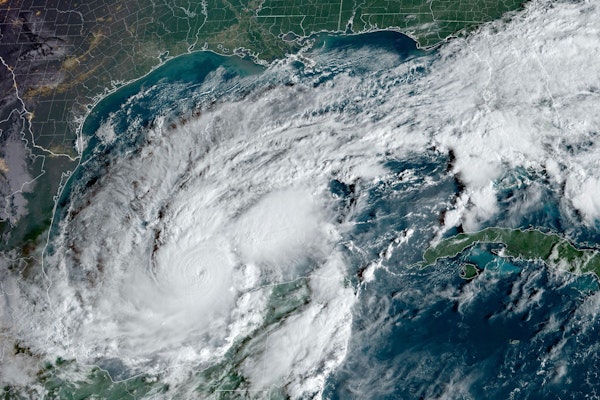
Hurricane Milton Reaches Category 5 as Florida Orders Evacuations
Hurricane Milton intensifies to Category 5 as it heads toward Florida’s west coast, prompting evacuations while the state rushes to clear debris left by Hurricane Helene just two weeks ago.
October 7, 2024
Catastrophe
Legislation & Regulation
Property
Risk Management
Florida

Hurricane Milton Strengthens to Category 4, Poised for Midweek Florida Landfall
Hurricane Milton, now a powerful Category 4 storm, is set to make landfall midweek in Florida, bringing life-threatening storm surges, heavy rain, and strong winds.
October 7, 2024
Catastrophe
Legislation & Regulation
Property
Risk Management
Florida
Georgia
North Carolina
South Carolina
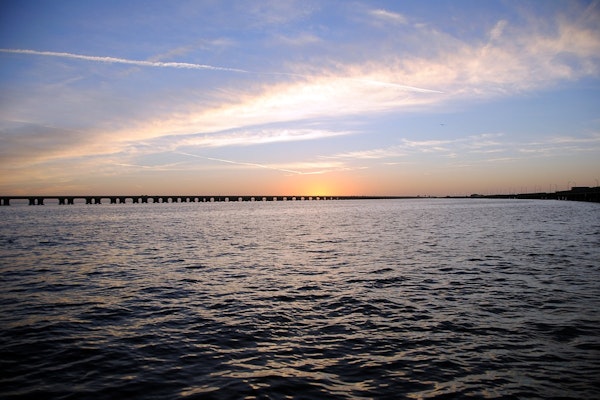
Reinsurance Brokers Caution of Hurricane Milton’s Potential Impact on Florida
Hurricane Milton is expected to intensify as it heads toward Florida. Reinsurance brokers are warning of potential significant impacts, including storm surges and wind damage.
October 7, 2024
Catastrophe
Insurance Industry
Property
Risk Management
Florida

Hurricane Milton Intensifies as It Heads for Florida, Threatening Tampa Bay and Orlando
Hurricane Milton has become a Category 3 storm and is expected to reach Category 4 as it nears Florida, prompting storm surge warnings for Tampa Bay and potential evacuations across the region.
October 7, 2024
Catastrophe
Legislation & Regulation
Property
Risk Management
Florida
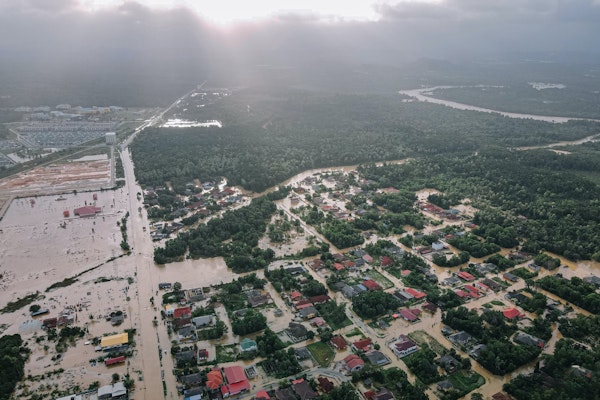
Global Flood Risk Study Highlights Population Growth in Flood-Prone Areas
A comprehensive analysis shows that over 2.7 billion people globally are exposed to flood risks from both inland and coastal sources, with the number expected to rise as populations grow in vulnerable regions.
October 7, 2024
Catastrophe
Legislation & Regulation
Property
Risk Management
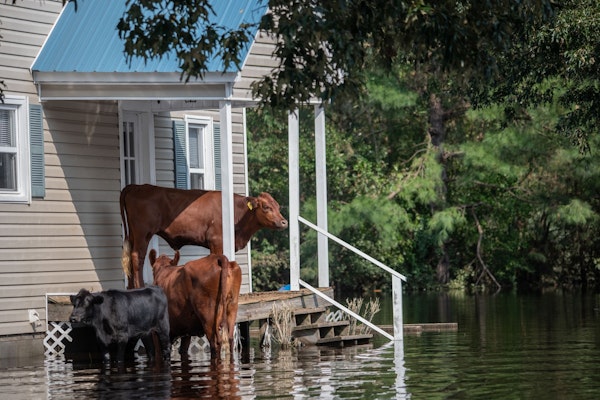
Flood Insurance Program Struggles with Rising Repeat Payouts
As flood risk intensifies, the National Flood Insurance Program is issuing more repeat payouts, with severe repetitive loss properties surging across the U.S., especially in coastal areas vulnerable to storms.
October 7, 2024
Catastrophe
Legislation & Regulation
Property
Risk Management
Florida
Louisiana
New Jersey
North Carolina

State Farm Supports 100 Volunteer Fire Departments with $1 Million in Grants
State Farm, in partnership with the National Volunteer Fire Council, has awarded $1 million in grants to 100 volunteer fire departments to enhance firefighter safety and community protection.
October 7, 2024
Catastrophe
Insurance Industry
Property
Risk Management

Hurricane Helene Losses Projected in Billions, But US P&C Insurers Expected to Withstand Impact
Hurricane Helene’s estimated insured losses range between $5 billion and $9 billion, but S&P Global believes the event will affect earnings without jeopardizing the capital of US property and casualty insurers.
October 4, 2024
Catastrophe
Insurance Industry
Property
Risk Management
Florida
North Carolina
South Carolina

Tennessee Officials Warn of Post-Storm Contractor Scams
Tennessee ranks 16th in fraud, and state officials are urging residents impacted by Hurricane Helene to beware of contractor scams, advising them to verify contractor credentials and insurance.
October 4, 2024
Catastrophe
Fraud
Insurance Industry
Property
Tennessee

How Google and Tesla Could Transform California’s Home Insurance Market
Tech giants like Google and Tesla are exploring California’s homeowners insurance market, leveraging AI and big data to offer innovative, risk-adjusted policies that could reshape the industry and challenge traditional insurers like State Farm.
October 4, 2024
Insurance Industry
Property
Risk Management
Technology
California
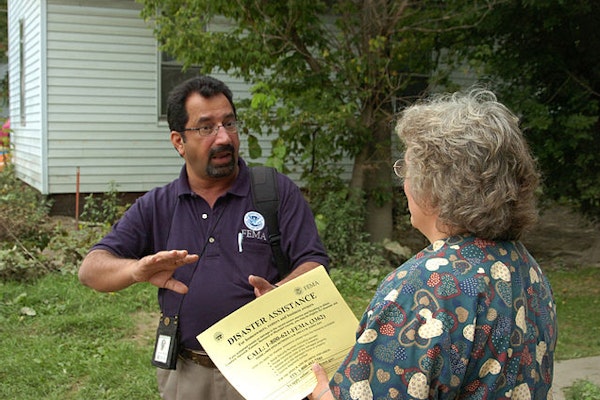
FEMA Faces Funding Shortage as Hurricane Helene Devastates the Southeast
FEMA is running low on disaster relief funds as it responds to Hurricane Helene, which caused severe damage across several Southeastern states. Congress may need to pass additional funding to sustain relief efforts.
October 4, 2024
Catastrophe
Legislation & Regulation
Property
Risk Management
Florida
Georgia
Louisiana
North Carolina
South Carolina
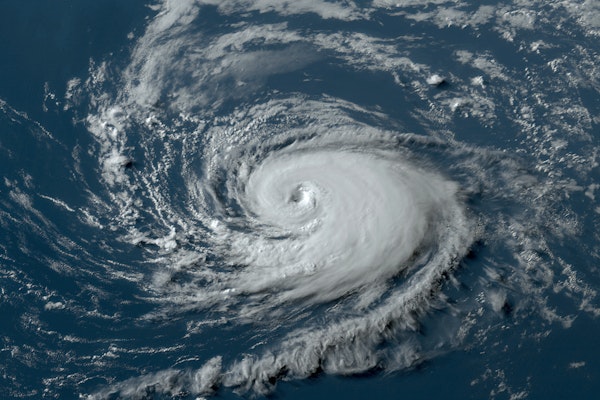
Atlantic Hurricane Activity Predicted to Surge Through Mid-October 2024
Colorado State University forecasters predict above-normal hurricane activity from October 1-14, 2024, with an extremely high likelihood of major storms in the Atlantic and Caribbean regions.
October 4, 2024
Catastrophe
Insurance Industry
Property
Risk Management

Solar Energy Growth Sparks Surge in Construction Claims
The rapid growth of solar energy is driving an increase in construction-defect claims, as industry experts highlight risks such as fire, environmental concerns, and insurance coverage issues.
October 4, 2024
Insurance Industry
Legislation & Regulation
Property
Risk Management
Arizona
California
Colorado
Florida
Texas
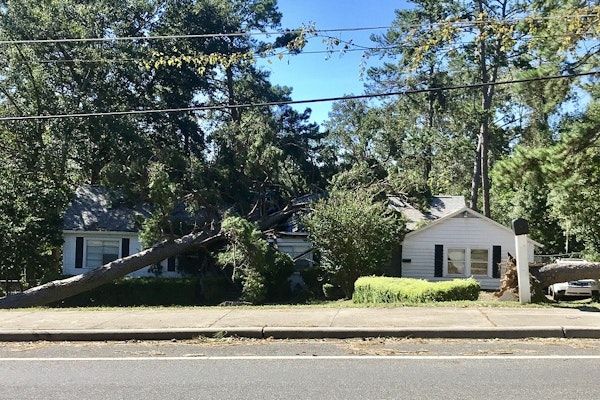
Florida Insurers Face Fraud Allegations as New Storm Claims Loom, CBS Highlights Adjusters’ Concerns
As Florida prepares for new storm-related claims, CBS News’ "60 Minutes" investigates allegations by adjusters that insurers manipulated damage estimates from Hurricane Ian to underpay policyholders.
October 1, 2024
Catastrophe
Fraud
Litigation
Property
Florida





